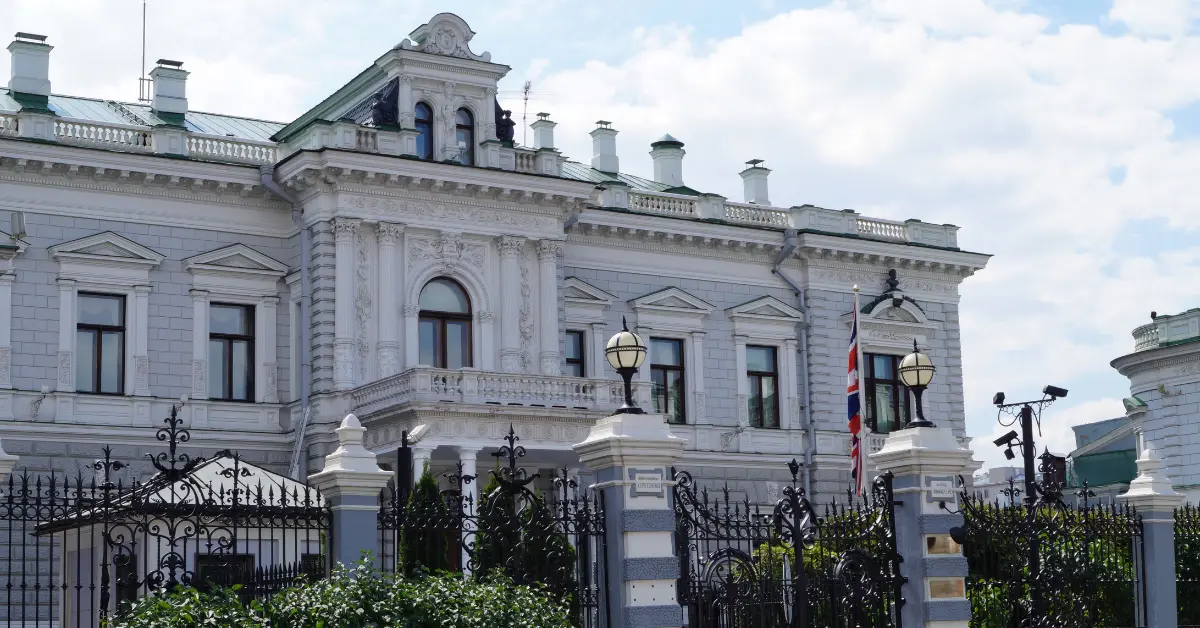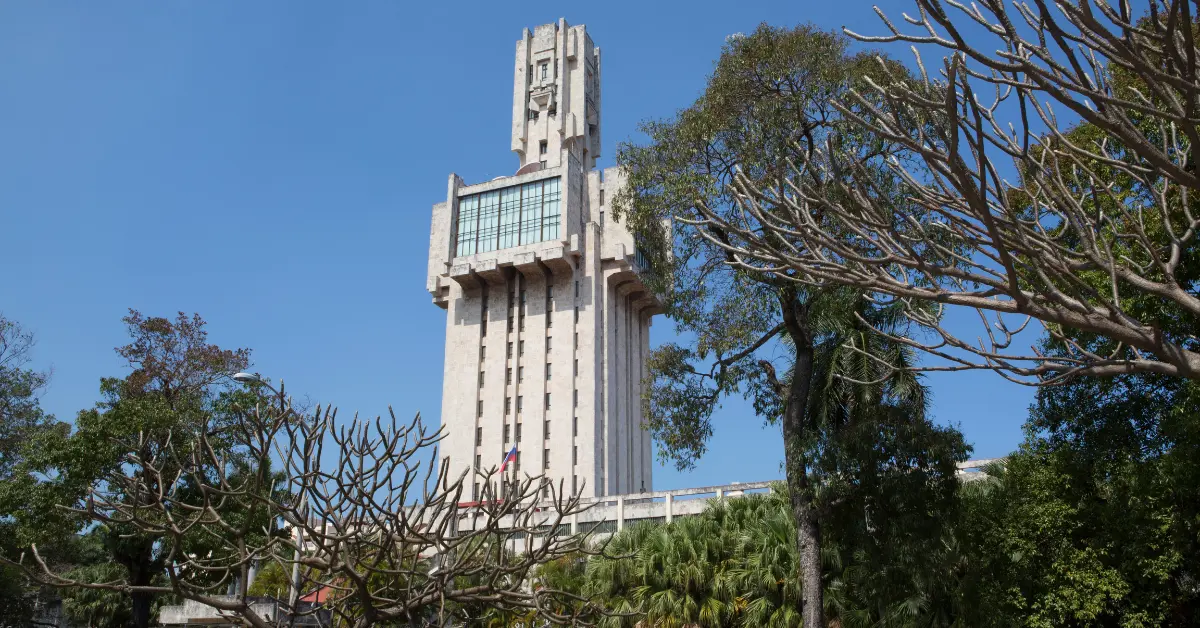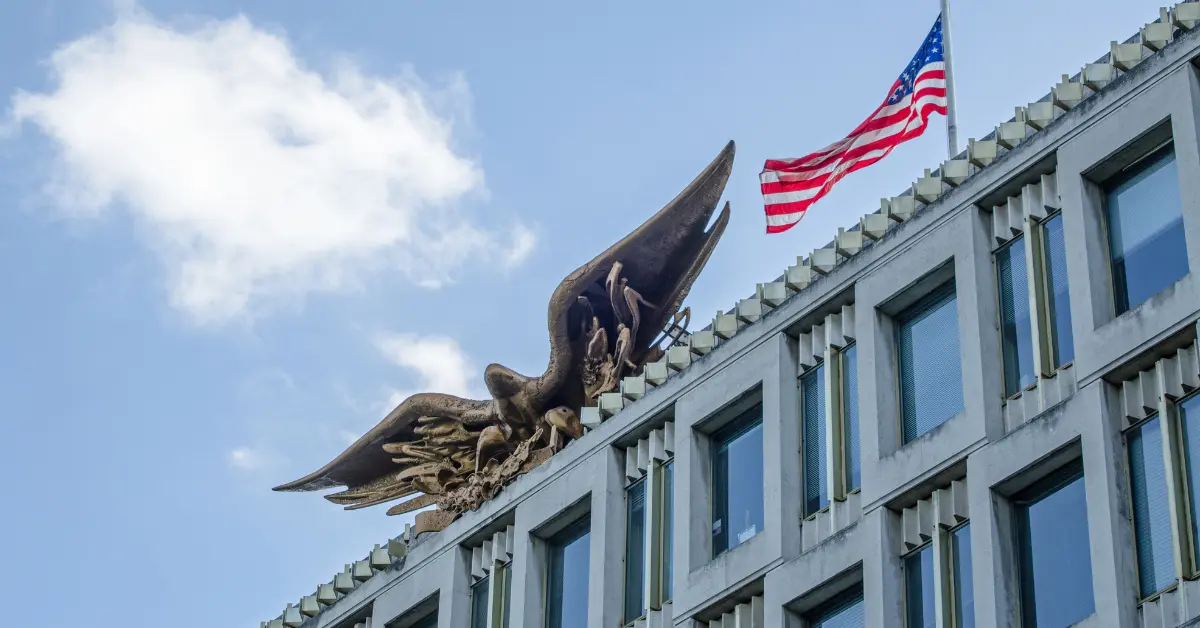





In the era of globalization, travel, and international cooperation, creating diplomacy systems becomes essential for effective communication between nations. This is where embassies and consulates play a significant role. They facilitate accessible communication between countries and provide crucial services for citizens, tourists, and visitors. At Unimoni, we understand the importance of embassies and consulates, especially when obtaining visas or living abroad away from family. However, it can be unclear to differentiate between the two since some people use the terms interchangeably. Here is a simple guide to help you distinguish between embassies and consulates. While both diplomatic missions represent one country in another, they have some fundamental differences.
An embassy is the official headquarters of a country’s diplomatic mission in another country. It is typically located in the capital city and is headed by an ambassador. Embassies are responsible for maintaining diplomatic relations between the two countries and promoting trade and cultural exchange.
Embassies perform a wide range of functions, including:
A consulate acts as a subordinate to an embassy. It is typically located in a major city outside of the capital city and is headed by a consul. Consulates provide consular services to citizens of their country living or travelling abroad.
Consular services may include:
Providing information about the host country
Consulates can promote trade and cultural exchange. However, their primary function is to provide consular services to citizens of the sending country. Consulates are essential because they provide a vital service to citizens of the sending country living or travelling in the host country. Consular staff can assist with various issues, from lost passports to medical emergencies. Consulates also help to promote cooperation and understanding between the two countries.
Here is an example of a situation where you might contact a consulate:
Consulates are important diplomatic missions that play a vital role in international relations. They provide essential services to citizens of the sending country living or travelling in the host country.
One of the main differences between embassies and consulates is their location. Embassies are typically located in the host country’s capital city, while consulates are commonly found in major cities outside the capital city. This is because embassies are responsible for maintaining diplomatic relations between the two countries, which is most important in the capital city. On the other hand, consulates are responsible for providing consular services to their citizens, which is more important in major cities with a large population of citizens from the home country.
Here are some examples of embassies and consulates in different countries:
Consulate: The Australian Consulate General in Guangzhou, China
As you can see, the embassies are all located in the capital cities of the host countries, while the consulates are all located in major cities outside of the capital cities.
Embassies are also higher in rank than consulates. Embassies are headed by ambassadors, who are the official representatives of their government to the host country. Consulates, on the other hand, are run by consuls, who are lower in rank than ambassadors.
This hierarchical power structure is reflected in the following ways:
Here are some examples of how the hierarchical power structure between embassies and consulates might play out in practice:
Embassies and consulates also differ in the scope of services they provide. Embassies are responsible for a wide range of diplomatic and consular services, including:
Reporting back to the home government
Conversely, consulates are primarily responsible for providing consular services to their citizens living or travelling in the host country. These services may include:
Providing information about the host country
Here are some other differences between embassies and consulates:
If you are a home country citizen living or travelling in the host country, you should contact the consulate for consular services. If you are not a citizen of your home country, you should contact the embassy for diplomatic or consular services.
Embassy:
Consulate:
Embassies and consulates are important diplomatic missions that are vital in international relations. Embassies are responsible for maintaining diplomatic relations between two countries. Consulates provide consular services to citizens of the home country living or travelling in the host country.
If you are unsure which one to contact, talk to our Visa Assistance Expert now!
Get immigration payments and study abroad educational payments moving faster through Unimoni! Know more about Study Abroad Forex Card for hassle-free study abroad experience and access the benefits offered to students!

